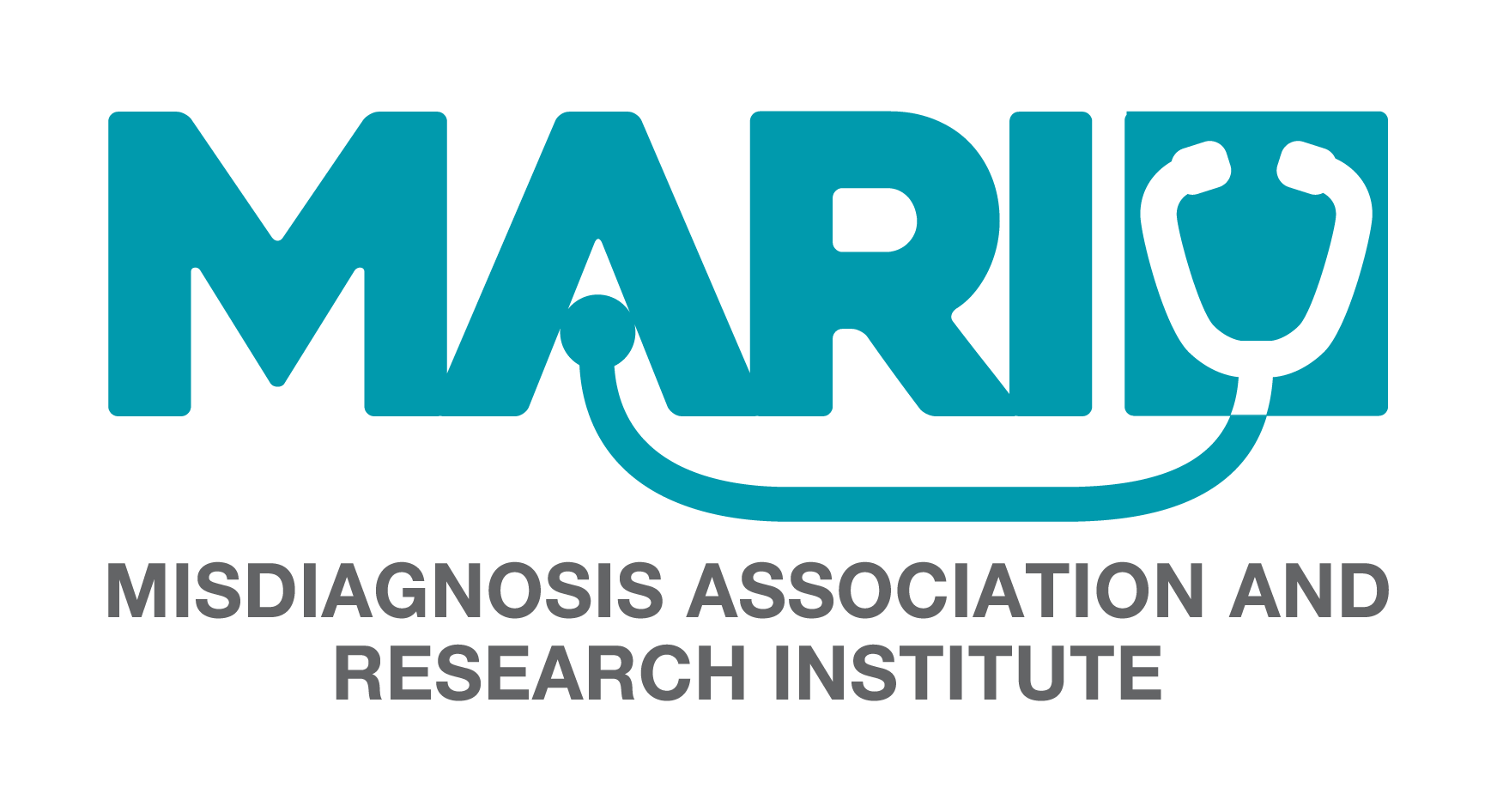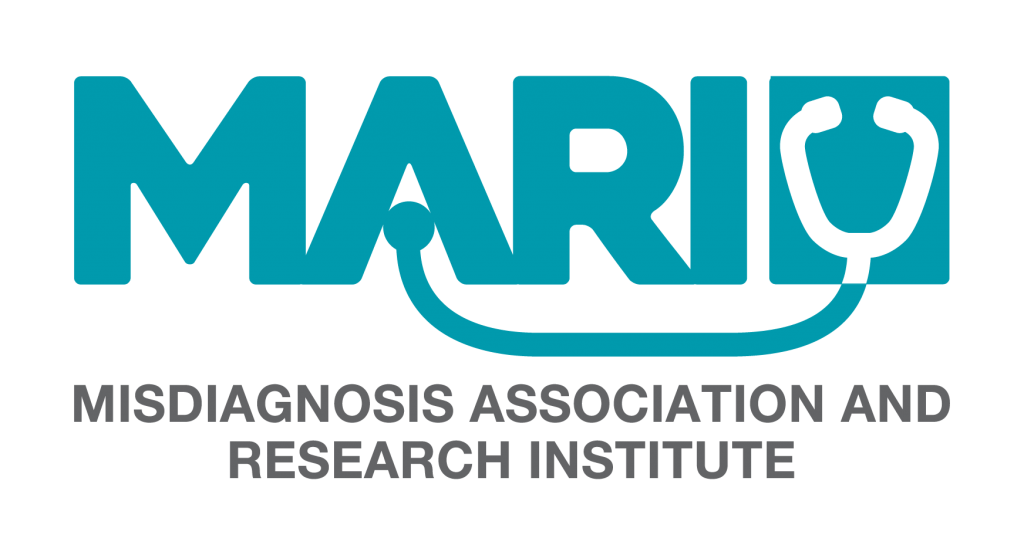Events and News

Yoga and its Effect on our Lifestyle
Yoga is a collection of physical, mental, and spiritual disciplines rooted in ancient India. They are meant to calm the mind and help practitioners recognize an objective witness awareness unaffected by mental chatter and everyday suffering. Yoga is a holistic way of life that combines asanas (postures), pranayamas (breathing techniques), and dhyana (meditation) to promote physical, mental, and spiritual well-being. It has been demonstrated that yoga has a number of positive impacts on quality of life (QOL), stress management, and the prevention of lifestyle diseases like diabetes, hypertension, and cardiovascular diseases (Jain et al., 2022).

Heart failure (HF) is a serious condition with a significant clinical and financial impact (Jain et al., 2022). Heart failure (HF) drug and device therapy has seen a number of advancements, although morbidity and mortality rates are still very high (Jain et al., 2022). Poor compliance with guidelines-based therapy, particularly in developing nations, is probably due to the expense and adverse effects of medications (Jain et al., 2022).
Yoga studies and research has shown that with only twelve weeks of a yogic lifestyle, several health benefits have been displayed in patients who suffer from heart failure (Jain et al., 2022). There is a significant improvement in left ventricle ejection fraction (LVEF), quality of life (QOL) which was assessed by the Minnesota Living with heart failure questionnaire (MLHFQ), and reduction in NTproBNP and inflammation as reflected by C-reactive protein (CRP) level after twelve weeks of yogic exercises (Jain et al., 2022). There was also evidence of an increase in peak oxygen consumption and treadmill time in patients with heart failure who have incorporated yoga into their lifestyle (Jain et al., 2022).
There have not been any cardiac side effects (shortness of breath, light-headedness, cardiac arrhythmias, or orthopedic injuries, in relation to incorporating yoga into the lifestyle (Jain et al., 2022).
Increases in various neurohormones, including renin-angiotensin, cortisol, and catecholamines, are linked to heart failure (Jain et al., 2022). Through the hypothalamus adrenal pituitary axis, regular yoga practice has been shown to lower levels of catecholamines, cortisol, nitric oxide, arginine, vasopressin, aldosterone, and atrial natriuretic hormone (Jain et al., 2022).

Heart failure is also associated with “increased sympathetic activity, and yoga has been reported to increase parasympathetic and decrease sympathetic activity, thus balancing the autonomic nervous system,” which can aid in improving several symptoms in patients who suffer from heart failure (Jain et al., 2022). Elevated plasma levels of interleukin-6, CRP, TNF alpha, and leptin provide evidence in several studies that HF is connected to inflammation and oxidative stress (Jain et al., 2022).
Therefore, interpreting yoga as a lifestyle could decrease oxidative stress and inflammation (Jain et al., 2022).
Yoga exercise training in patients with heart failure results in fewer hospitalizations and mortality and improved quality of life (QOL) (Jain et al., 2022).
Based on research done on health-related aspects of yoga, eight to twelve weeks of yoga training approximately increases muscular strength by 31%, approximately increases muscular endurance by 57%, approximately increases flexibility by 88%, approximately increases oxygen uptake by 7%, and reduces cardiovascular risk in healthy adults (Jain et al., 2022). This indicates that yoga can help reduce episodes of atrial fibrillation and ventricular ectopics and have significant effects on the reduction of device-related ventricular events in patients with implanted cardiovascular defibrillators (Jain et al., 2022).
References
Jain, A.K., Subhash, C.M., Bhola, S.V., Kushal, M., Ashwini, M., & Jitendrapal, S.S. (2022). Effect of Yoga Lifestyle in Patients with Heart Failure: A Randomized Control Trial. Int J Yoga, 15(1), 40-44. https://doi.org/10.4103/ijoy.ijoy_183_21. Epub 2022 Mar 21. PMID: 35444368; PMCID: PMC9015083.
Provided and edited by the members of MARI authors; Artin Mirjavadi, Anahita Arfa, and Pooya Beigi MD.


